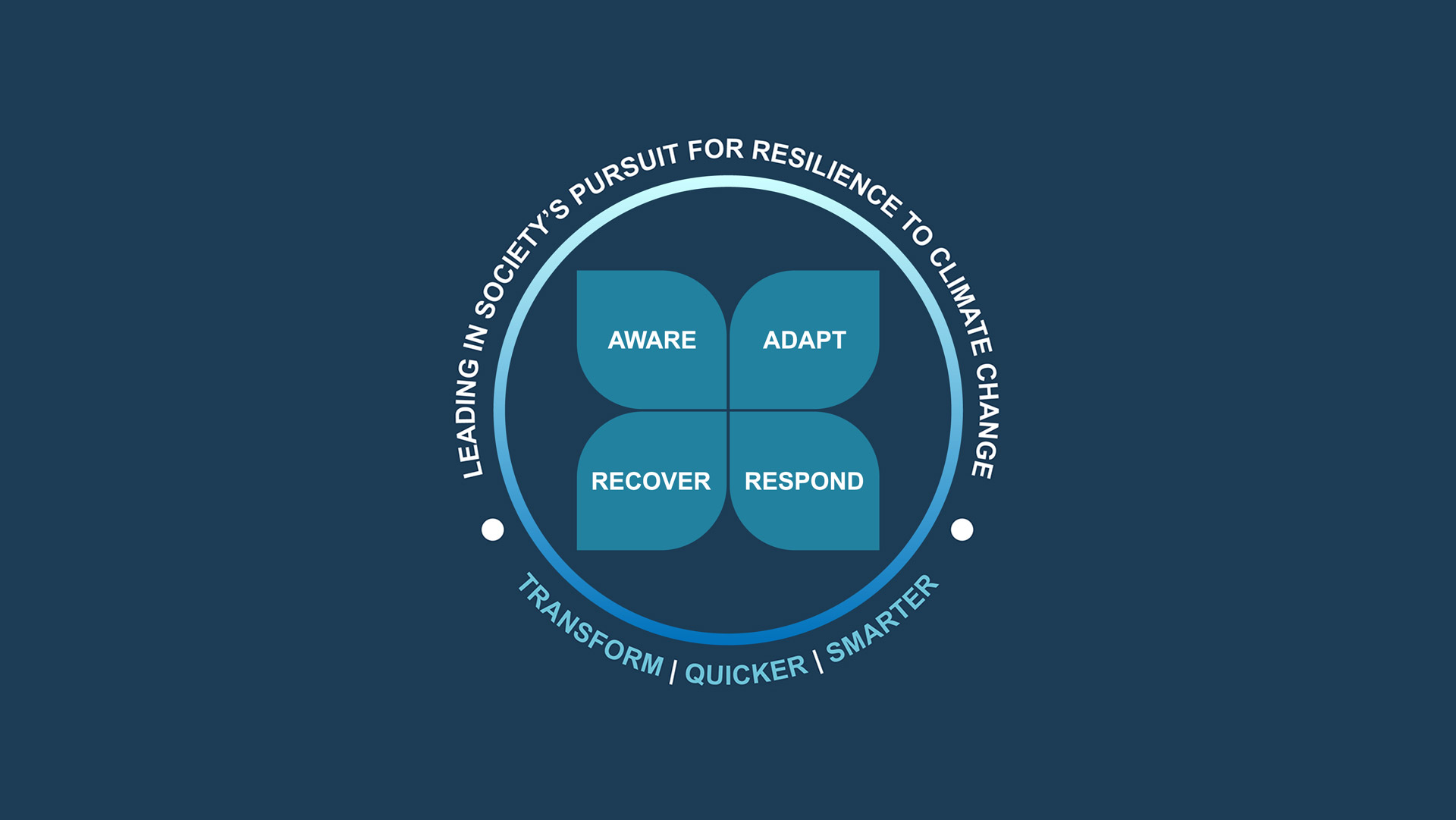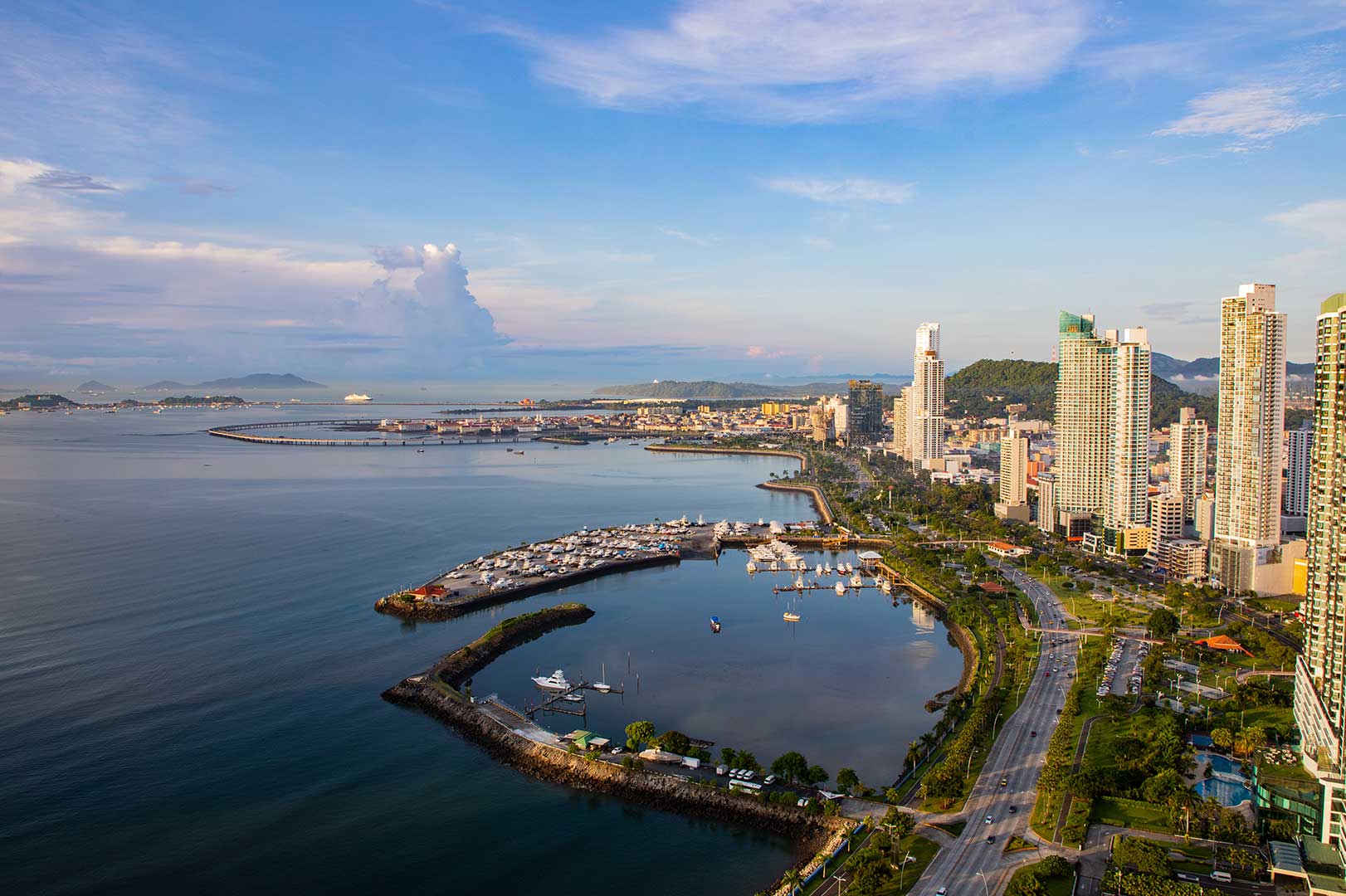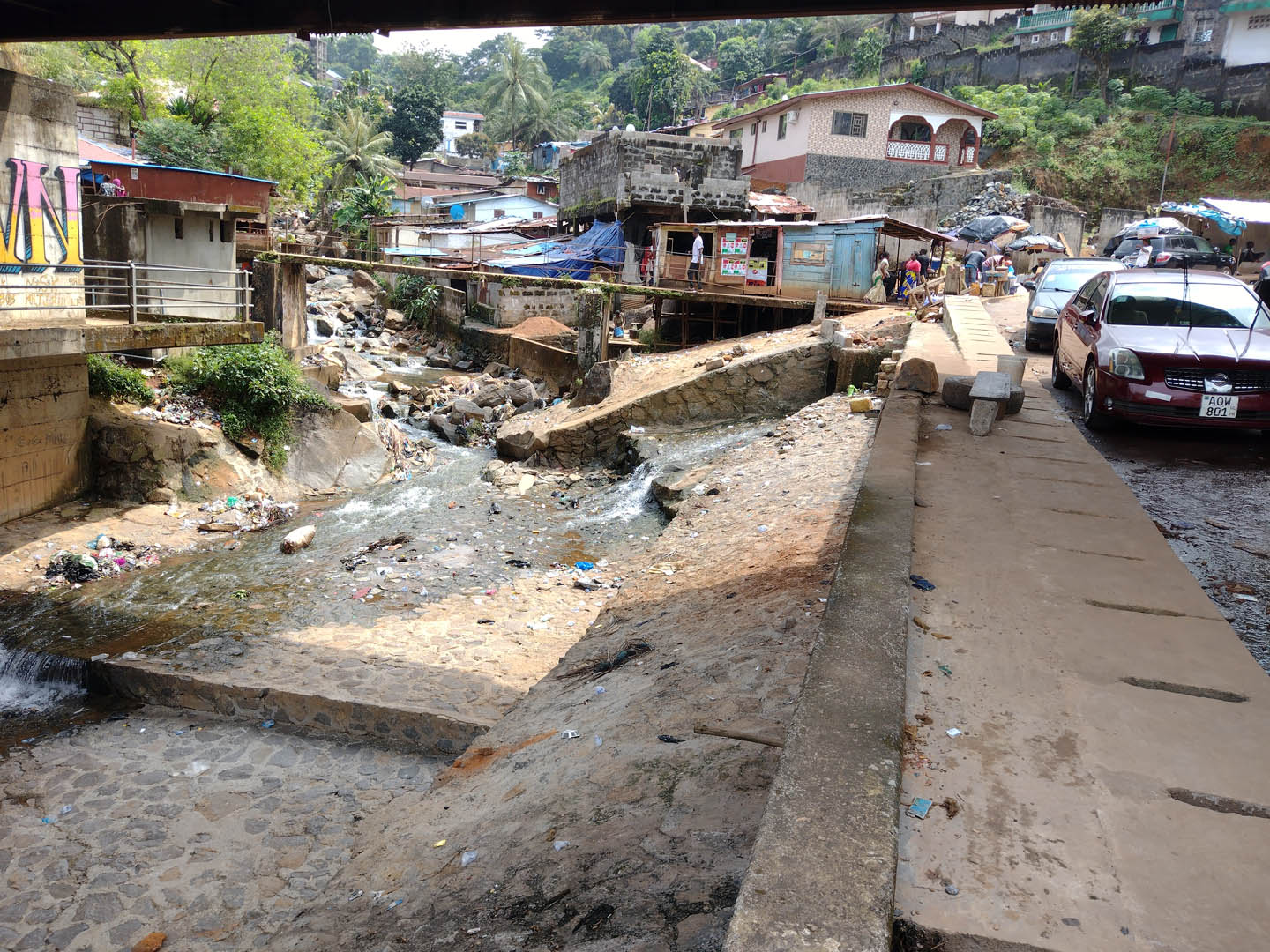Building global resilience
All nations are susceptible to the effects of climate change, but it is the world's least developed countries that will bear the gravest consequences. Many communities now face unprecedented risks from natural hazards such as extreme flood events. These challenges are so significant that no single defensive measure - be it levees, dams, or other infrastructure – can offer the resilience required to sustain, let alone enhance, livelihoods.
Holistic approach
At JBA, we believe true global resilience can only be achieved through holistic approaches that encompass the entire life cycle of a disaster. These include:
Aware: Evaluating risks before an event occurs
Adapt: Adapting proactively to these risks
Respond: Responding effectively during the event
Recover: Implementing robust recovery strategies afterward.

Strengthening capacity
Resilience also comes from strategies that focus on the whole system. It isn’t simply about building protection structures like flood defences. Just as important is how we strengthen the capacity of governments and communities to adapt, respond and recover from hazards. This might involve supporting governments to better define and strengthen roles and responsibilities for disaster risk management. Or improving planning processes and building codes to limit development in risk zones. Or upskilling disaster response departments to use information from flood forecasting systems.
Our work in the International Development and Humanitarian sector has this logic at its heart. We engage in a variety of initiatives that span the spectrum of resilience:
Risk assessment
We conduct national flood risk assessments in countries such as Haiti, Ethiopia, Indonesia and the Philippines creating the awareness needed to prioritise investment. Find out more about our work in this area: Strengthening Integrated Flood Risk Management in Developing Member Countries

Strategy development
In nations such as Panama, Suriname, Niger, and Burundi, we develop integrated strategies to adapt to and mitigate hazards. Discover more about our work in this area: Integrated Flood and Coastal Modelling to Develop Flood Risk Resilience in Panama City

Early warning and preparedness
We support the implementation of early warning systems and prepare emergency response strategies, with projects in Sierra Leone, Niger, and India. Discover more about our work in this area: Support for the development of hydrological and meteorological services in Sierra Leone

Rapid recovery
Our efforts continue with rapid recovery strategies, such as those we have recommended in Malawi following hurricane Freddy. Including guidelines for “build back better” approaches to reconstruction and replacement project investments.
True resilience, in our experience, involves diversifying strategies—having "many eggs in many baskets". Each component of our approach is designed to build a robust framework that not only withstands disasters but also allows society to thrive in the face of them.


Contact John Bevington for more information about our work in the International Development and humanitarian sectors. You can also hear from JBA Director Mark Lawless on some of the ways we're using geospatial data to build resilience in this recent podcast.



